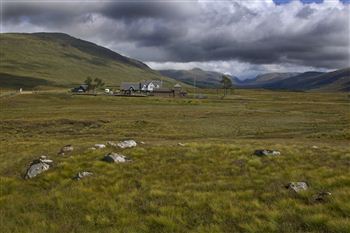RURAL Scots are more likely to volunteer for charities and community groups than city-dwellers, a new report has found.
A study by Stirling University and Scotland’s Rural College found people in some rural areas were up to twice as likely as those in cities to volunteer their time.
The study found almost half of those in parts of the Highlands and the Western Isles volunteered once a year.
In contrast, those in the central belt had volunteering rates as low as 20%.
Those in rural area were most likely to help charities with odd jobs and act as first responders, who are trained to use in life-saving techniques in emergencies.
In areas around Glasgow, North Lanarkshire, Renfrewshire and Fife just one fifth said they had volunteered in the past year.
Dr Mike Woolvin, of SRUC’s rural society research team, said the figures did not necessarily mean rural Scots had more community spirit than those in cities.
He said: “Some might expect that higher levels of volunteering in rural areas reflect a population that is generally more community-spirited than in our cities.
“But given that rural volunteers appear more likely to undertake service-orientated roles that often fill gaps in service provision, many may be volunteering out of necessity.”
Dr Alasdair Rutherford warned volunteers could be burned out if asked to take on any more responsibilities.
He said: “It might not be possible in some areas for volunteers to take on any more responsibilities.”
The Scottish Household Survery says about a third of all adults have volunteered in the past year.
Elaine Reid, from Volunteer Development Scotland, said: “The report is a clear demonstration of how we cannot view Scotland’s volunteers as homogeneous.
“Their experience and motivation differ for a host of reasons, including where they live.
“Local and national policy needs to pay more attention to the motivation and experiences of the individual volunteers, whether urban or rural based, formal or informal, and afford greater recognition and celebration of what they give to Scottish society.”
